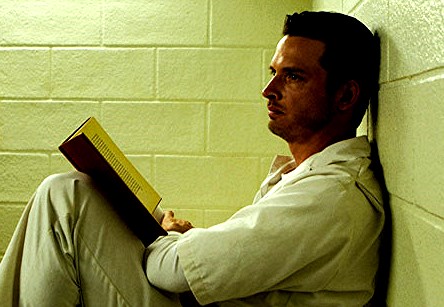The August 2011 decision of the Ontario Court of Appeal in Robinson’s Estate v Robinson is a good example of the pitfalls that may inadvertently occur when a testator has wills prepared in different jurisdictions.
It is becoming increasingly common for the general public to own assets in two or more countries.
It is also generally advisable to have a will pertaining to assets owned in each jurisdiction.
Thus this recommended practice may mean that a person may end up with perhaps two, or three wills.
The danger that can occur is that one subsequent will might inadvertently revoke a previous foreign will.
This is exactly what happened in the Robinson case.
The testator executed two separate wills, one to deal with property held in her native Spain, and one to deal with her Canadian property.
The 1st will clearly indicated that another will existed dealing with Canadian property.
The lawyer who drafted the Canadian will and the later revision, did not ask about other wills or location of assets.
The Canadian will accordingly contained the standard revocation clause revoking all previous wills.
The lawyer and estate administrator only found out about the European will after the testator’s death, and after some assets had been distributed.
An application was made to the court to rectify the will.
It was refused on the basis that the intention of the testator was set out in the will, and the testator was only mistaken as to the legal effect.
That decision was appealed and the appeal was dismissed.
Affidavit evidence tendered by beneficiaries and the estate trustee as to the testator’s intention was not admissible.
The court could not find that the testator did not intended to revoke his European will.
The court held that the claims of the estate trustee and beneficiary were based on the premise that the court could make findings of intention on the part of the testator.
Since the will was unequivocal, there could be no exception to show that the intention of the testator should not have been honoured.
Harsh as the decision might seem, staging-disinherited-staging.kinsta.cloud is of the opinion that it is correct.
It would appear that the appropriate remedy is to sue the lawyer for negligence, for failing to adequately canvass with his client as to other wills and other foreign assets, and drafting the will accordingly so as to not revoke the other wills.





